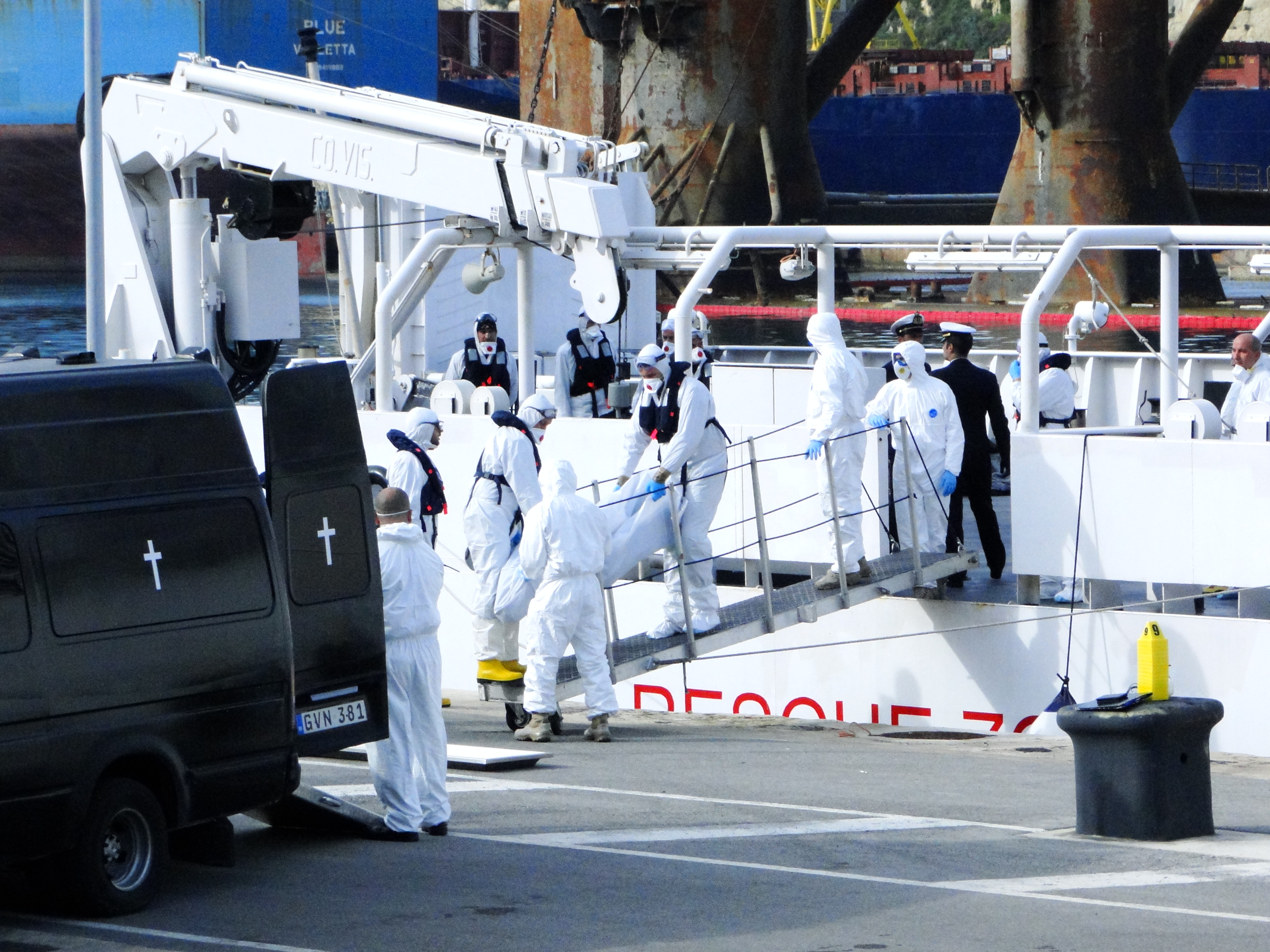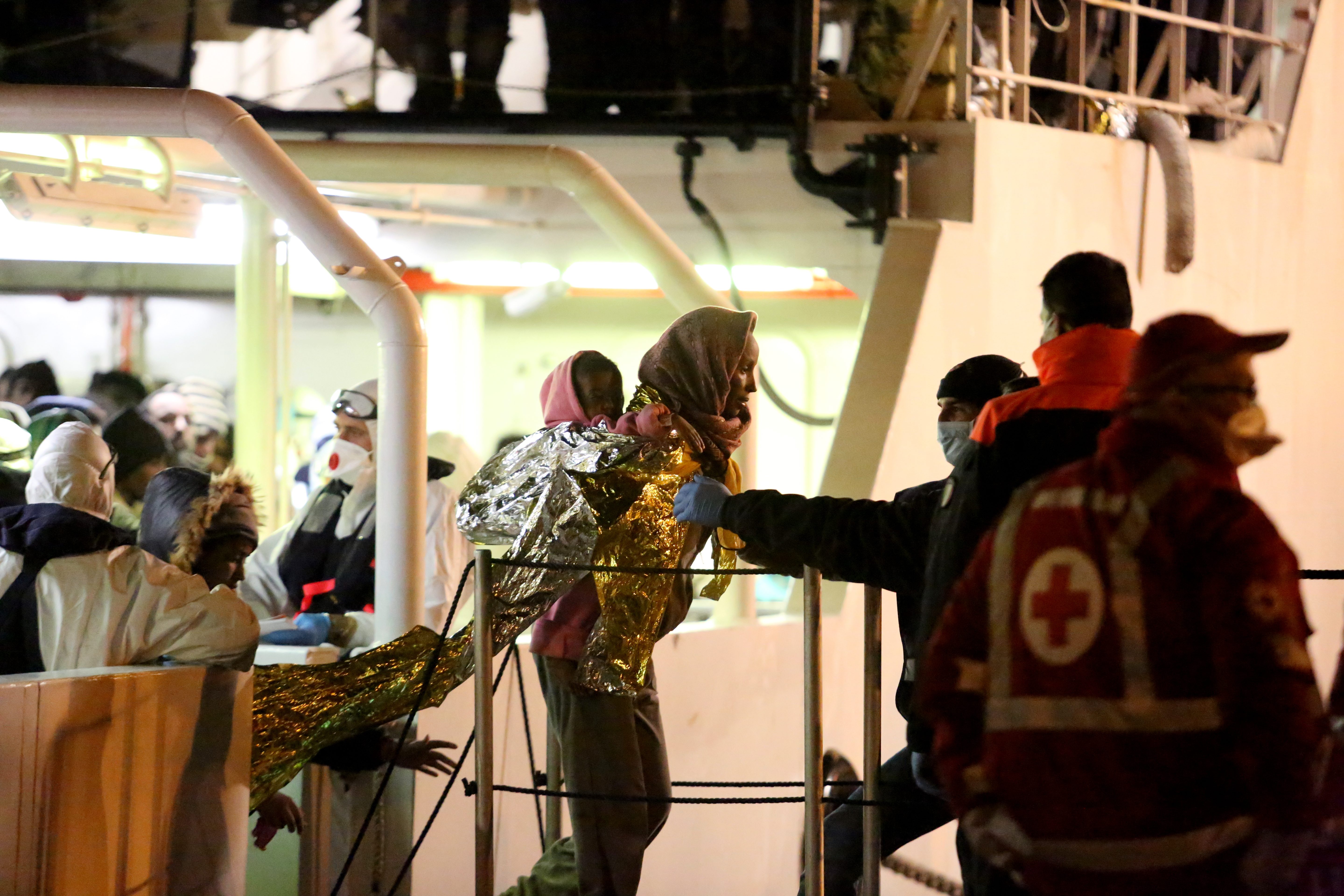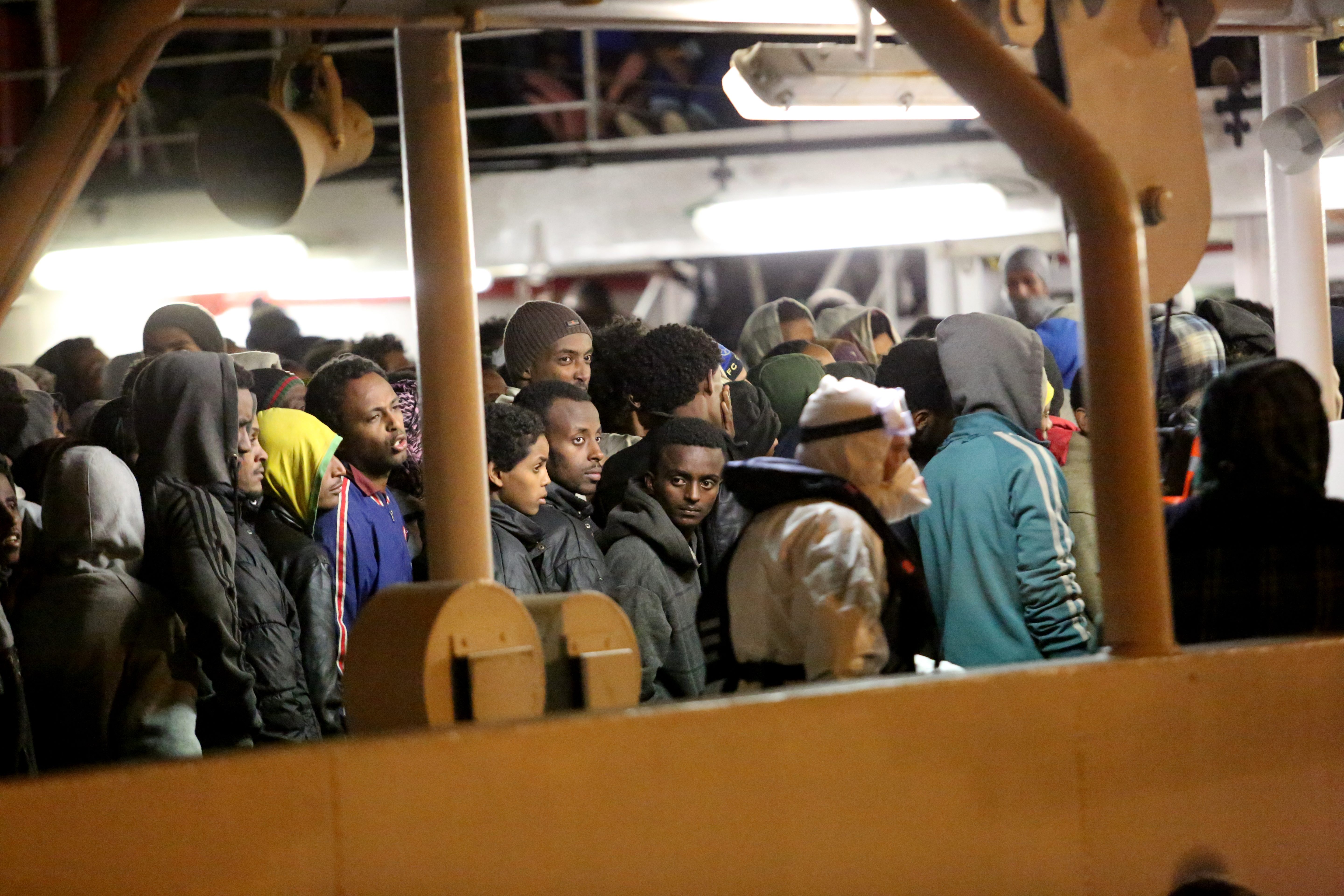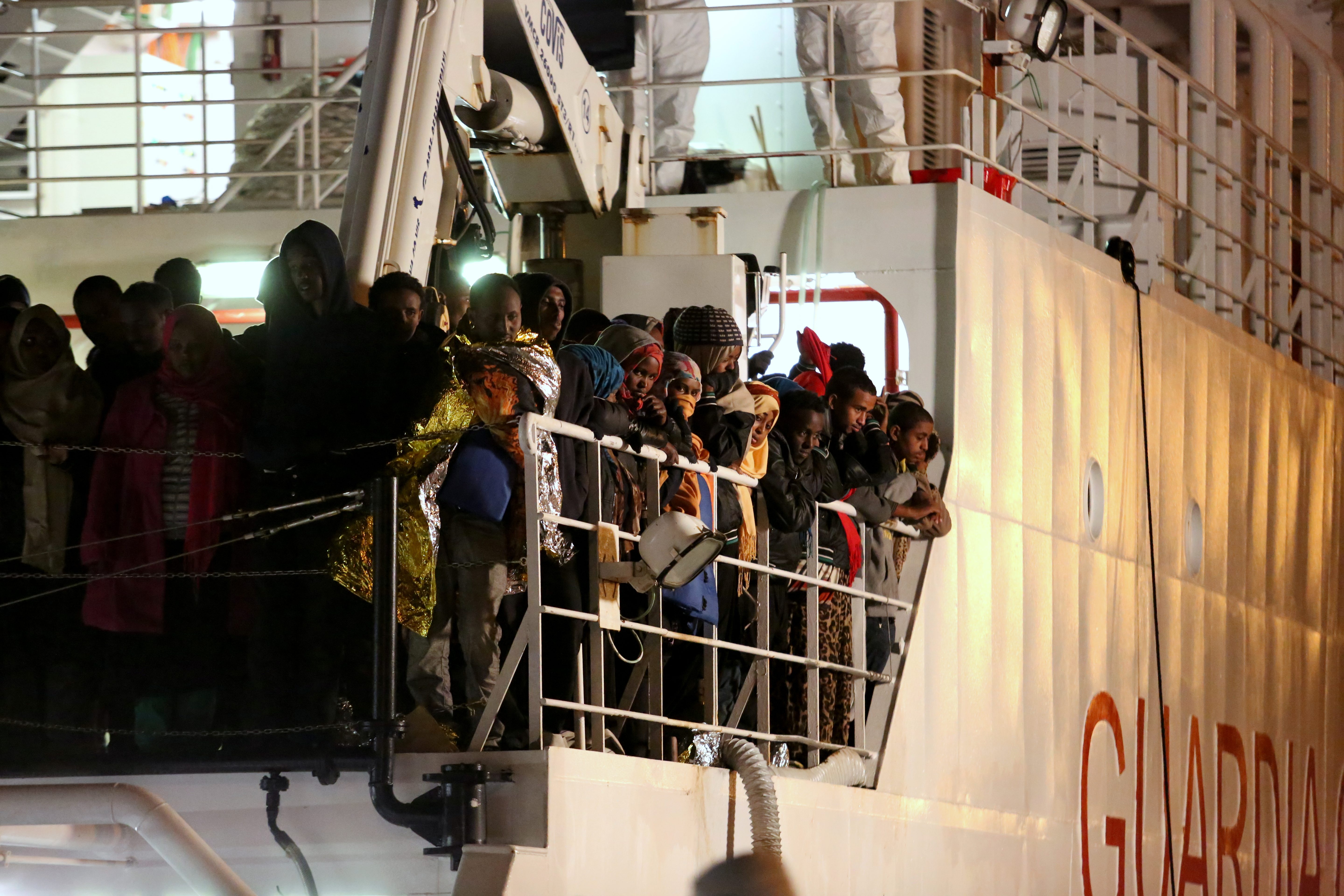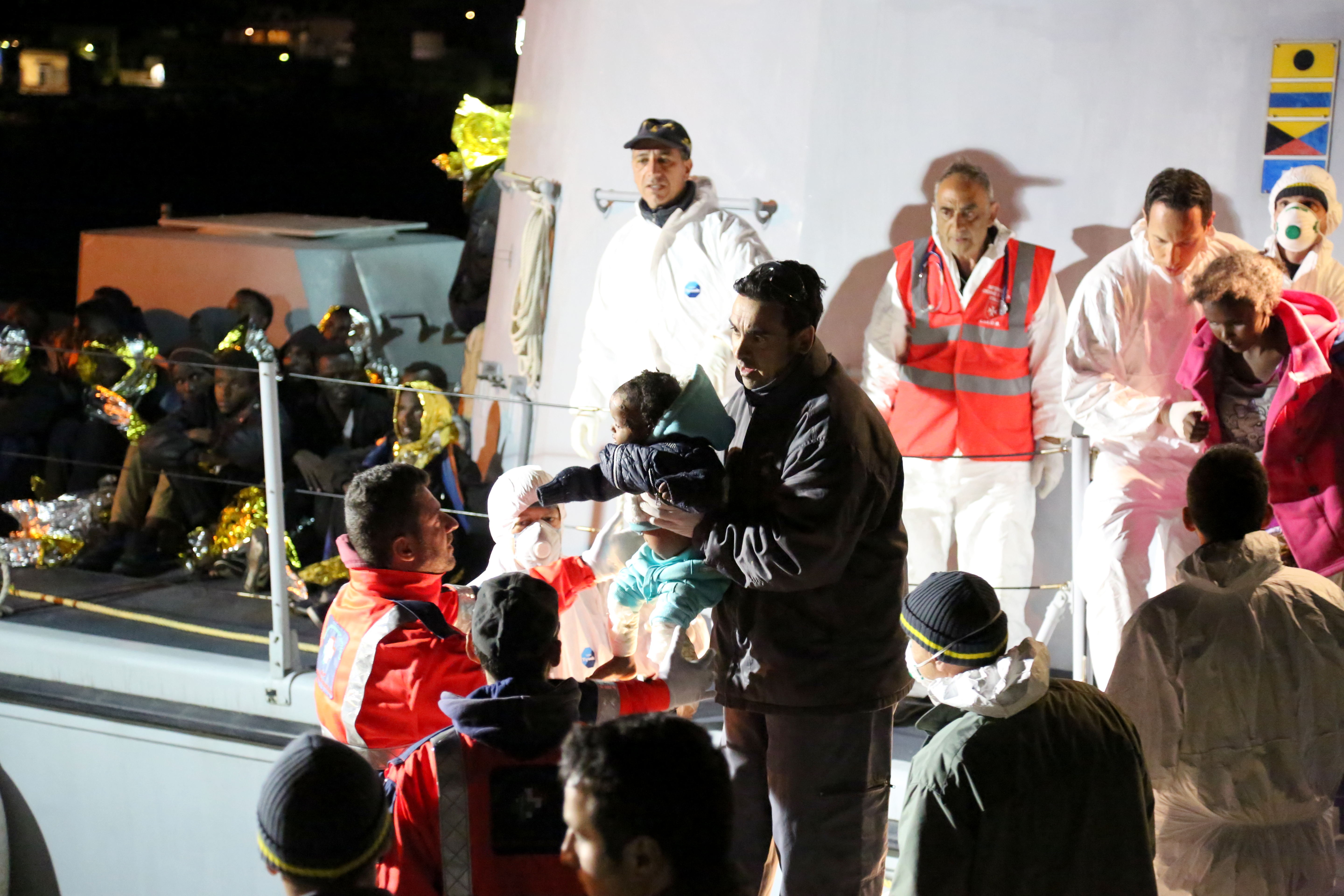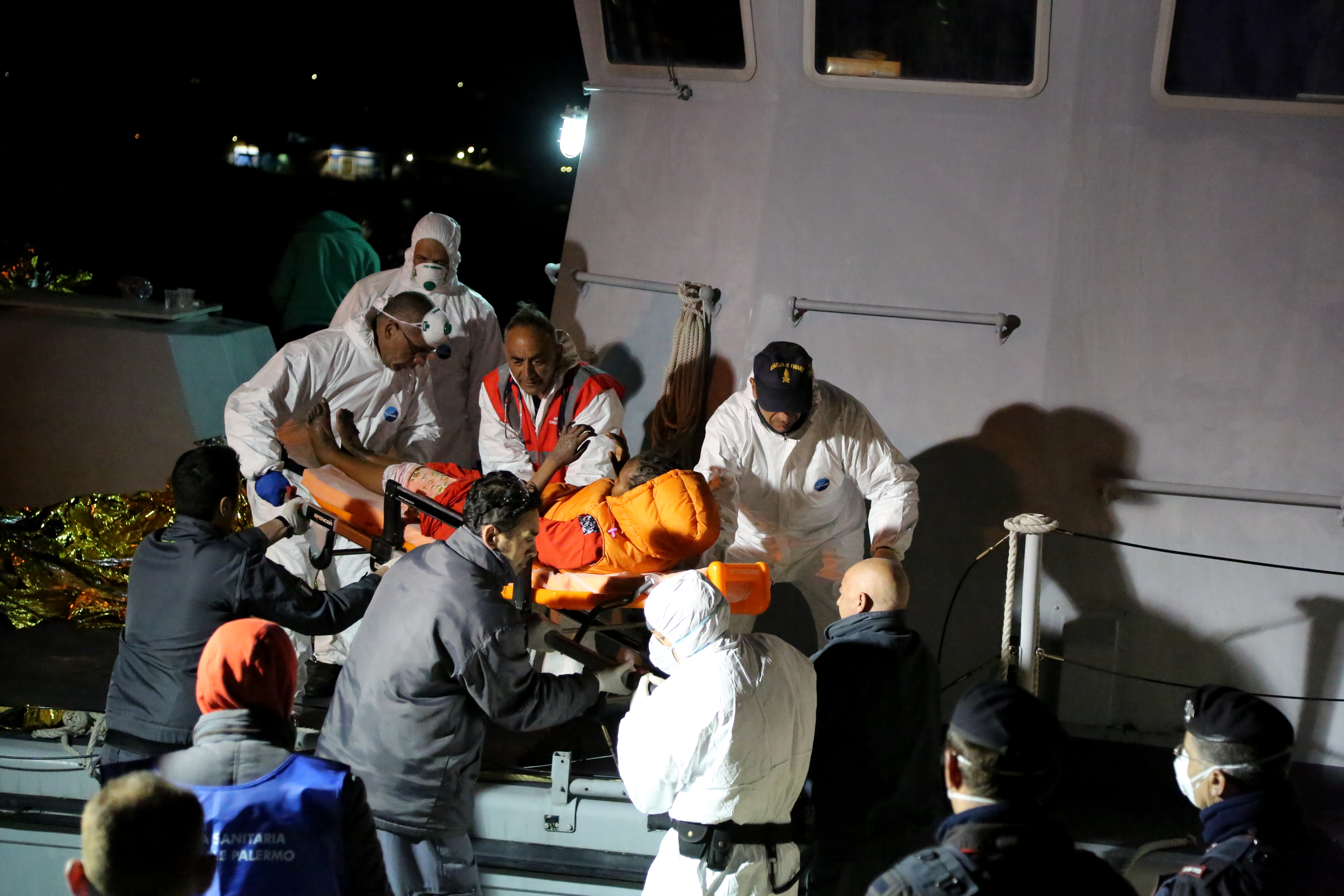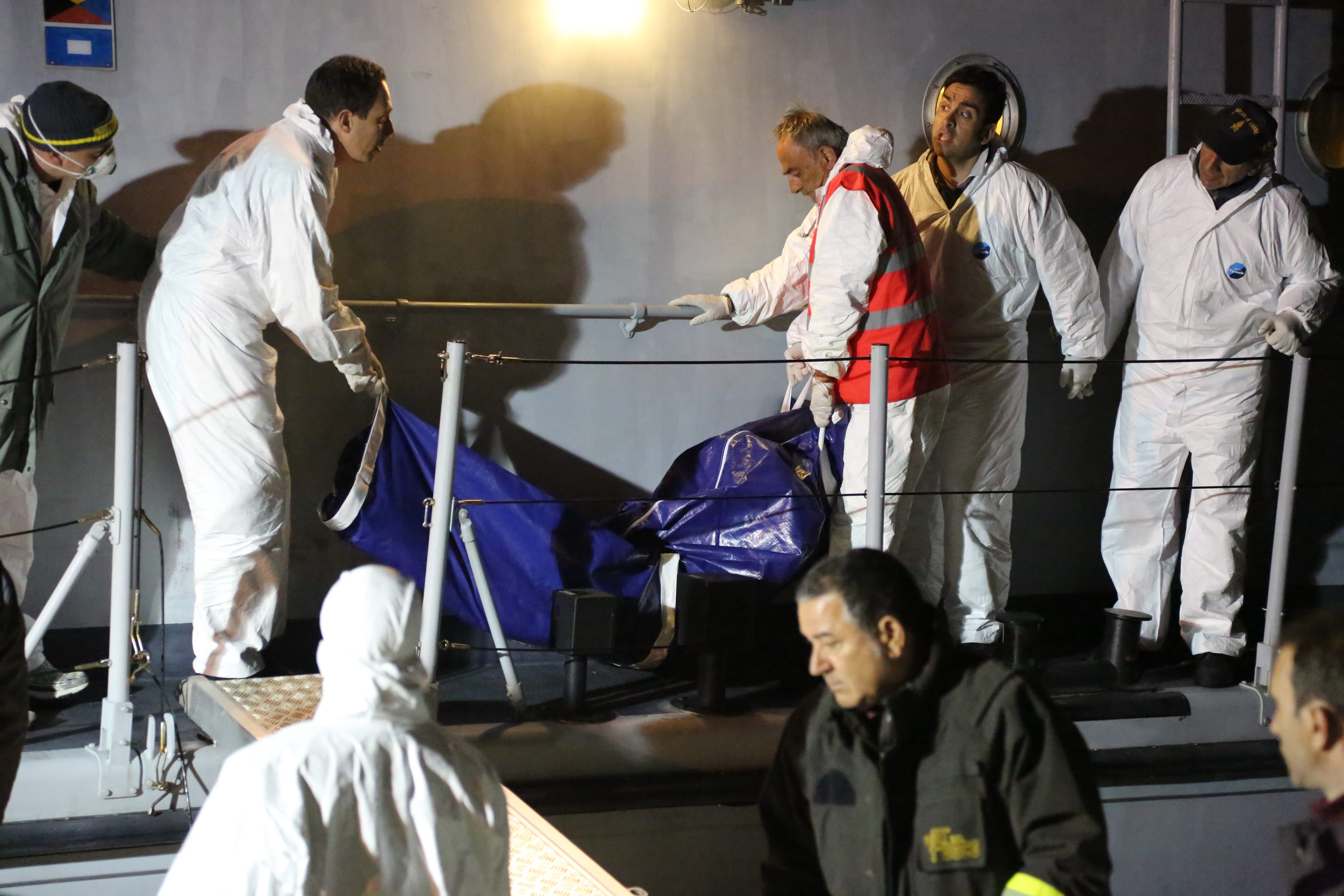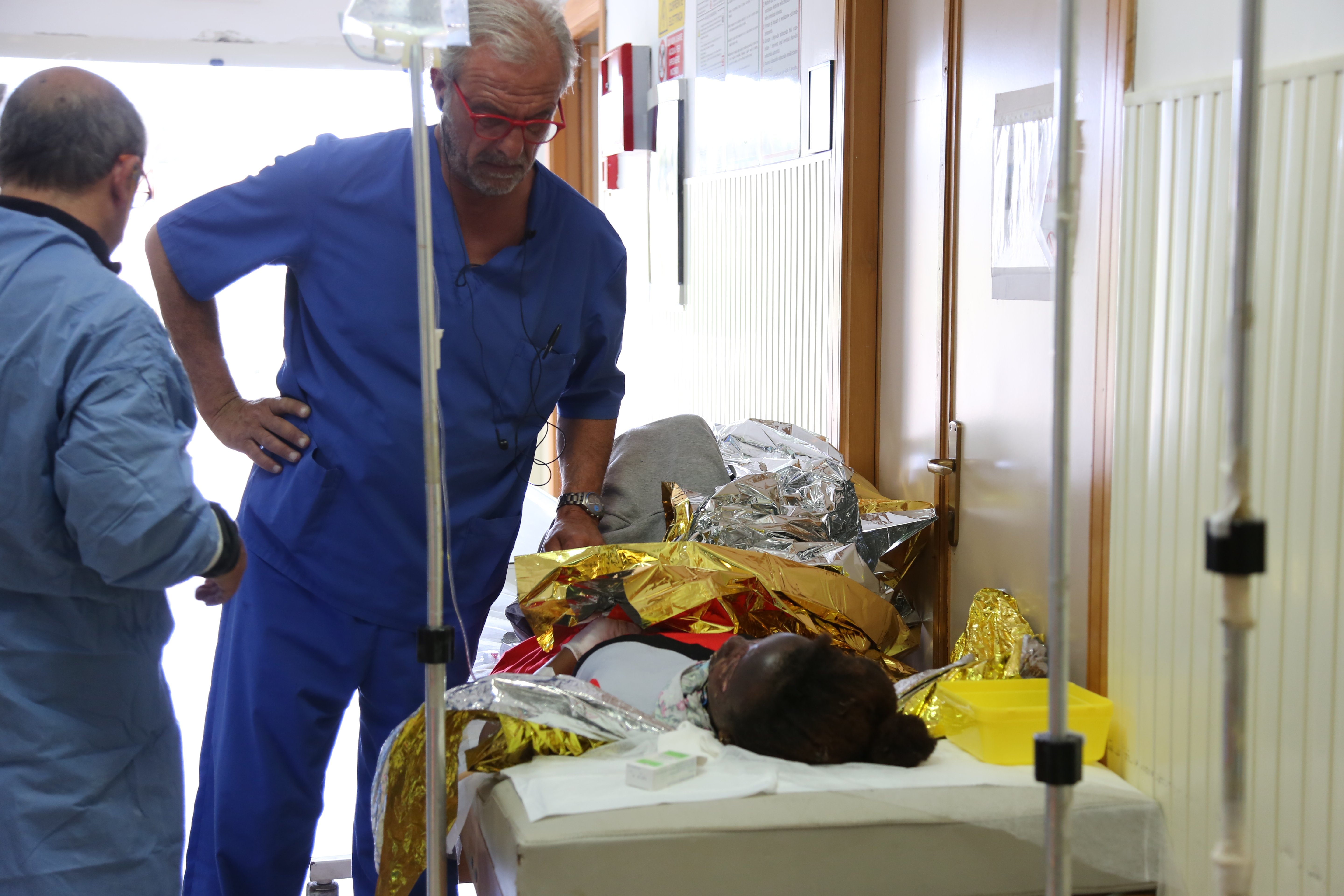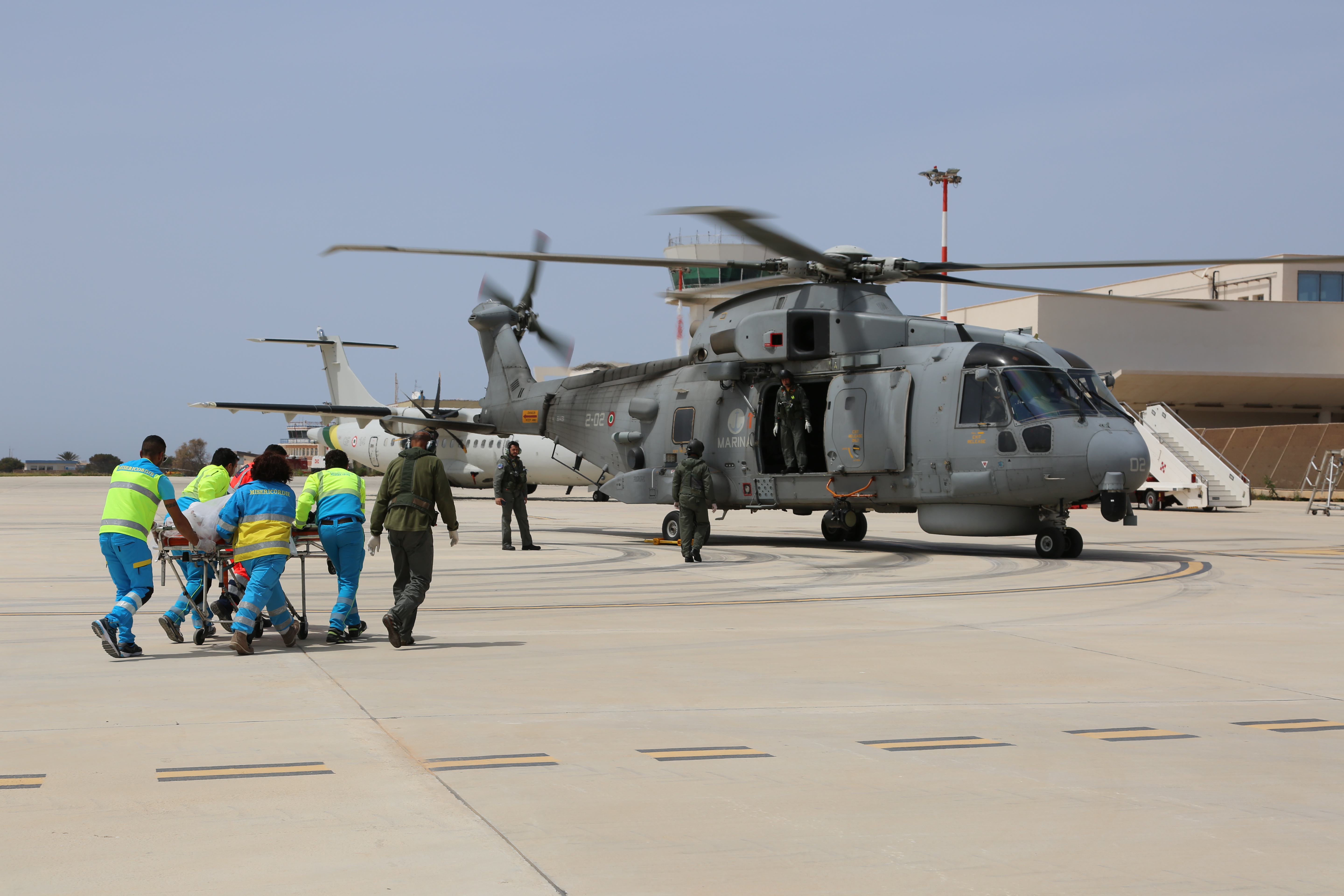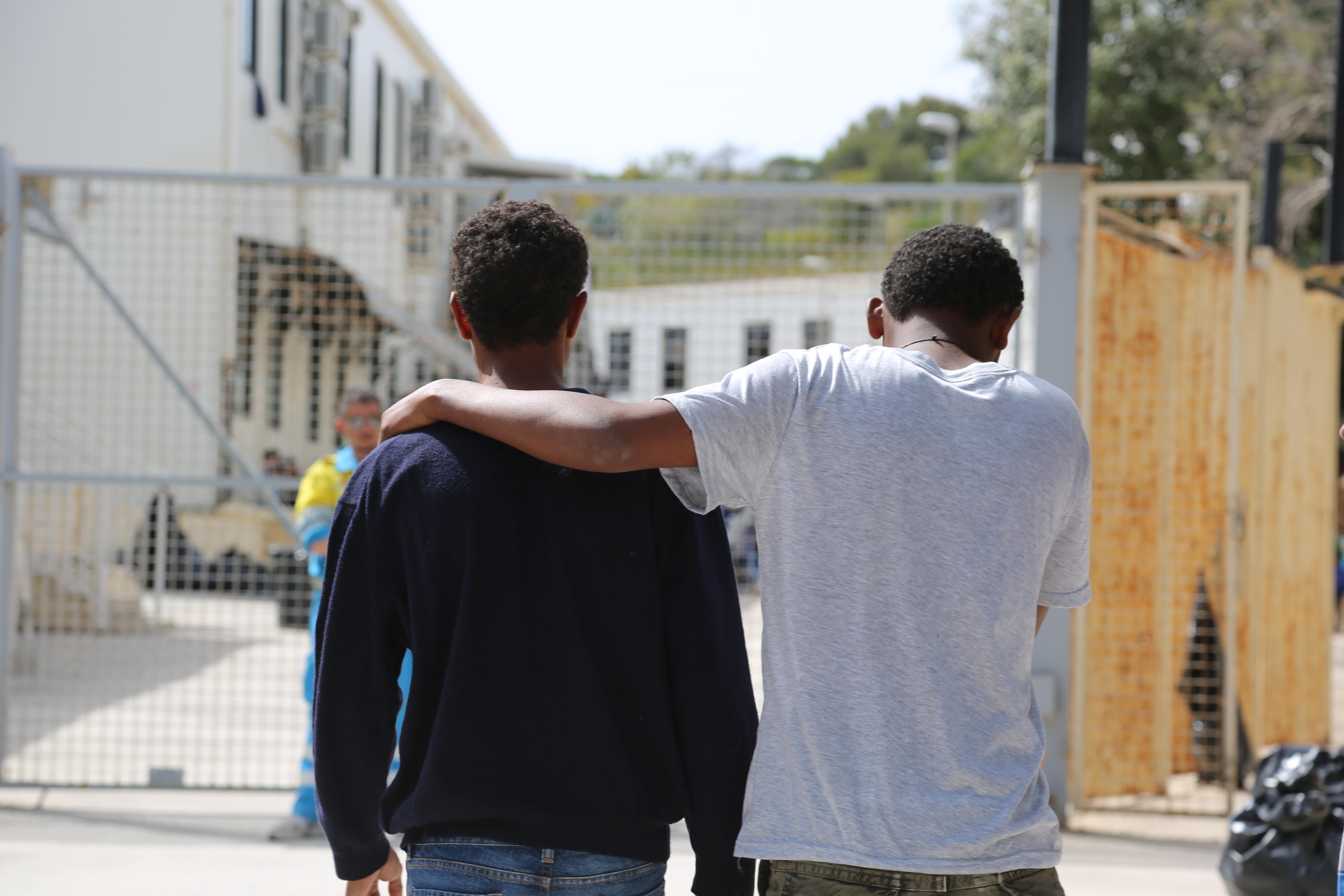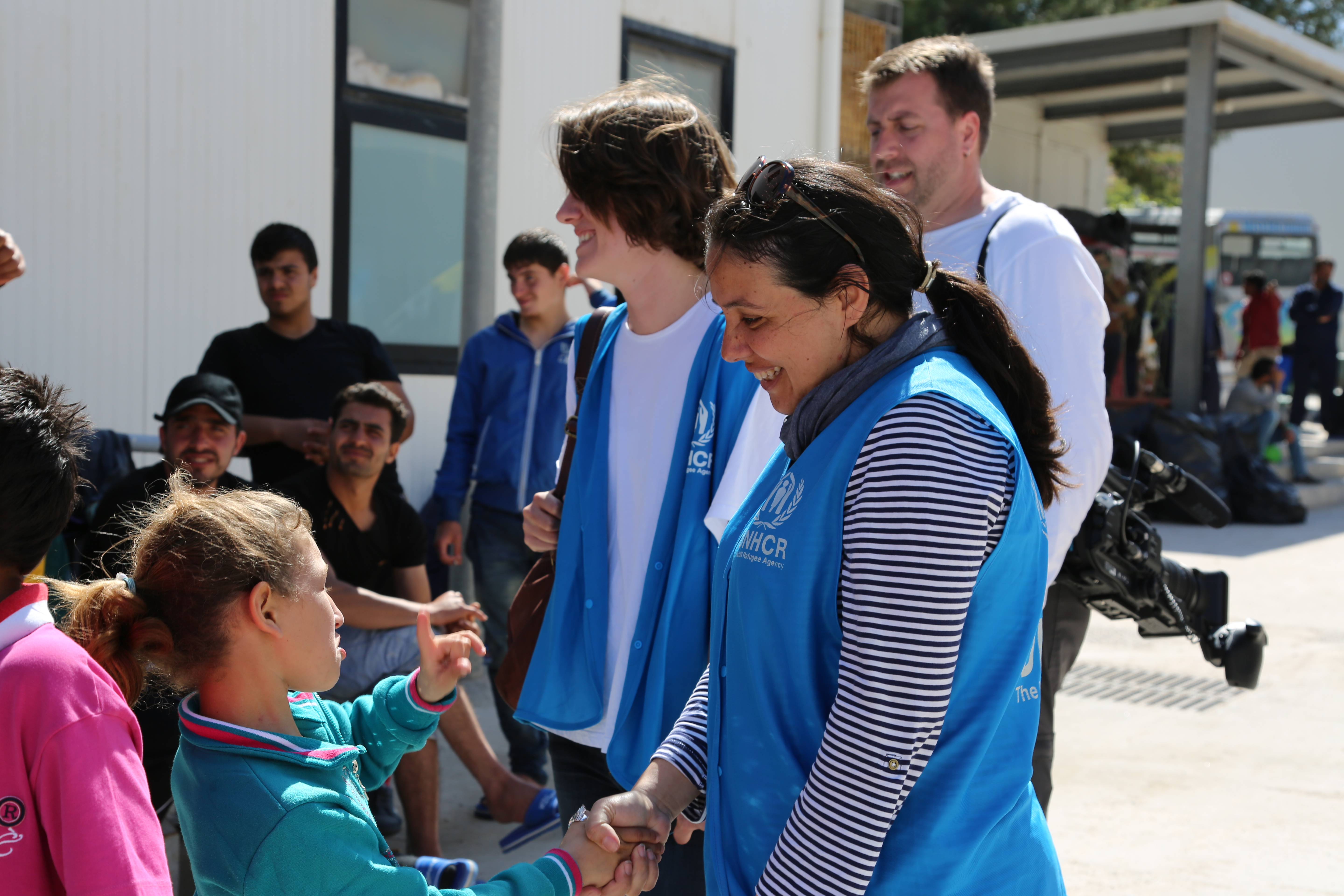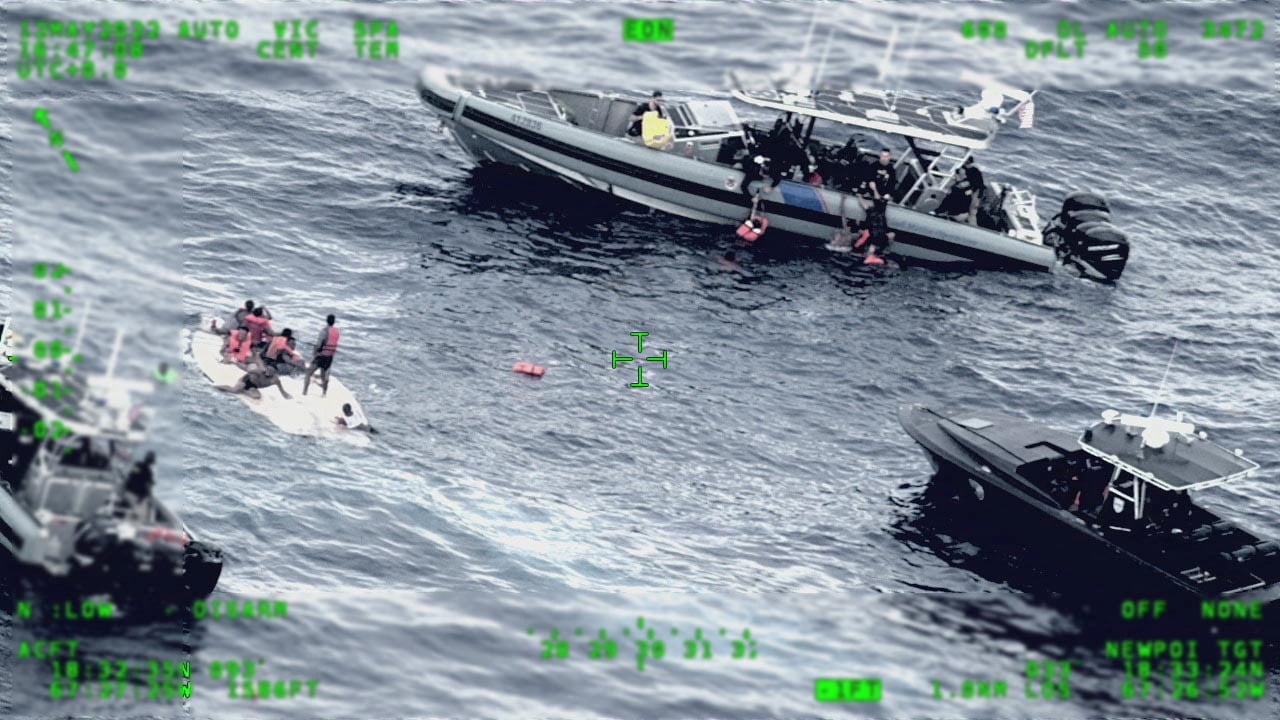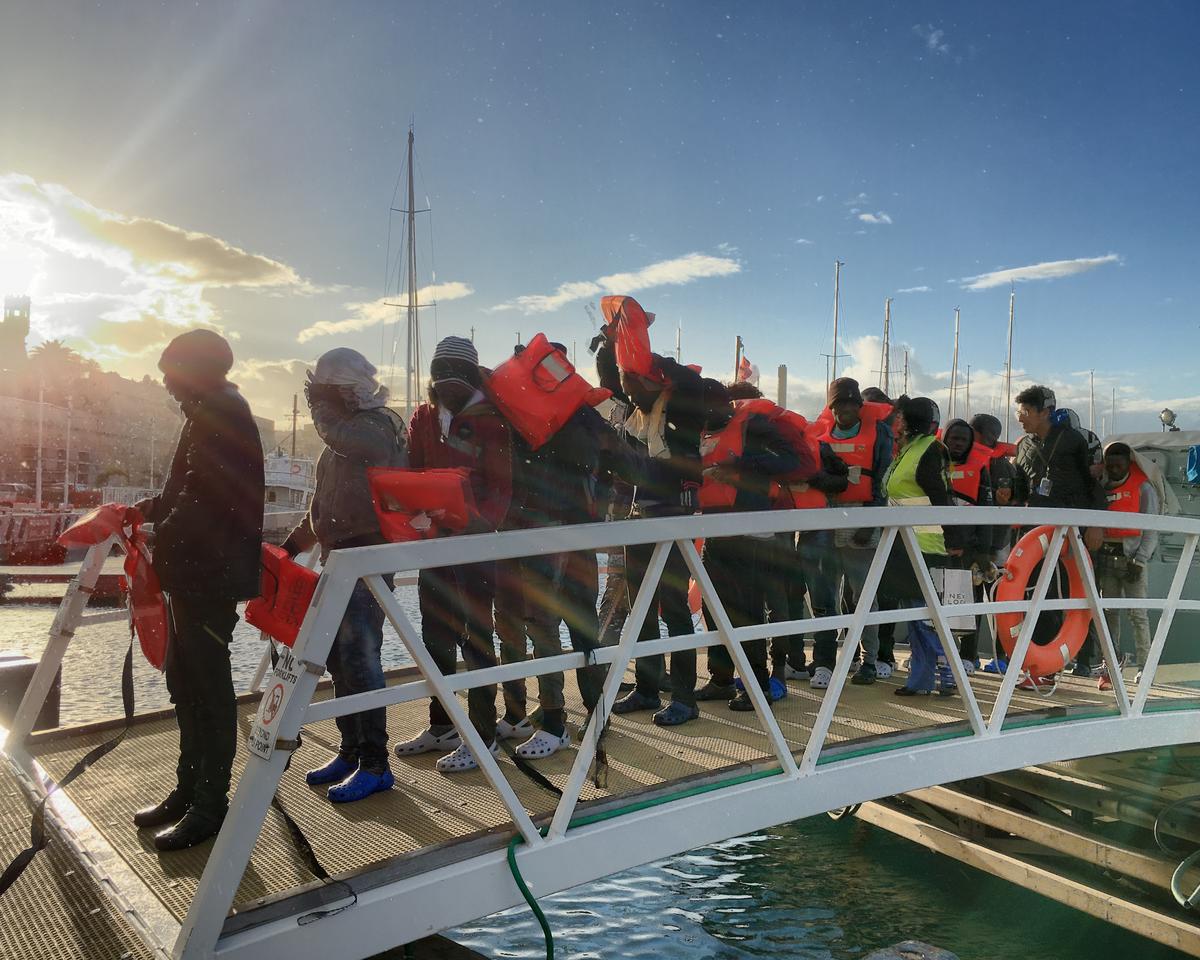UNHCR welcomes EU Mediterranean plans, but says more needs to be done
UNHCR welcomes EU Mediterranean plans, but says more needs to be done

GENEVA, April 22 (UNHCR) - The UN refugee agency on Tuesday welcomed European plans to tackle the challenges of irregular migration in the Mediterranean, but said much more was needed after hundreds of refugees and migrants lost their lives on the high seas.
In particular, UNHCR Assistant High Commissioner for Protection Volker Türk said in Geneva, there was a need for a robust search-and-rescue operation and credible legal alternatives to such perilous sea voyages.
The European Union (EU) Joint Foreign and Home Affairs Council on Monday proposed a 10-point action plan on migration following a week of shipwrecks on the Mediterranean, including the most deadly recorded.
Türk welcomed the EU responsibility-sharing measures contained in the plan, such as asylum processing, relocation and resettlement, which provide a welcome starting point for this response.
He said that UNHCR would also urge that such measures be expanded to further strengthen the asylum and protection component of the plan, including developing a robust search-and-rescue operation which places an emphasis on saving thousands of lives; making a firm commitment to receive a significant number of refugees for resettlement in the EU; providing legal alternatives, such as enhanced family reunification, private sponsorship schemes, and work and study visas, so that people in need of international protection do not need to resort to such dangerous voyages; providing support for those countries receiving the most arrivals (Italy and Greece), and; greater intra-EU responsibility sharing to avoid the current situation where a few countries are receiving most asylum-seekers, mainly Germany and Sweden.
Meanwhile, according to survivors of last weekend's tragedy, the boat departed from Tripoli in Libya on Saturday morning with some 850 people on board, including 350 Eritreans as well as people from Syria, Somalia, Sierra Leone, Mali, Senegal, Gambia, Ivory Coast and Ethiopia.
"Only 28 people are known to have survived the shipwreck, including a young man from Bangladesh who was transported by helicopter to a hospital in Catania, Sicily, on Sunday, and 27 people disembarked by the Italian Coastguard in Catania last night [Monday]," UNHCR spokesman Adrian Edwards told journalists in Geneva.
"From available information and the various accounts we've had, UNHCR now believes the number of fatalities to have been over 800, making this the deadliest incident in the Mediterranean we have ever recorded," he added.
UNHCR staff in Catania spoke of the trauma suffered by the survivors they interviewed. "The fear in the eyes of one man, his head lowered and hands stuffed into his pockets, is plain to see," wrote Kate Bond, a writer for UNHCR. "One survivor told UNHCR staff that there were children aboard the boat. So far, none of them have been found, although search-and-rescue operations at the site continue," she added.
The refugees and migrants were taken by bus to a nearby reception centre, where they received medical attention. Dazed, vacant faces stared out of the windows of the bus as it pulled away into the dark night.
"The migrants looked exhausted, fragile, astonished to see so many people waiting for them. They will need psychological support," said UNHCR spokesperson Carlotta Sami in Catania.
More information: UNHCR calls for a European-wide protection response to the tragedies in the Mediterranean

